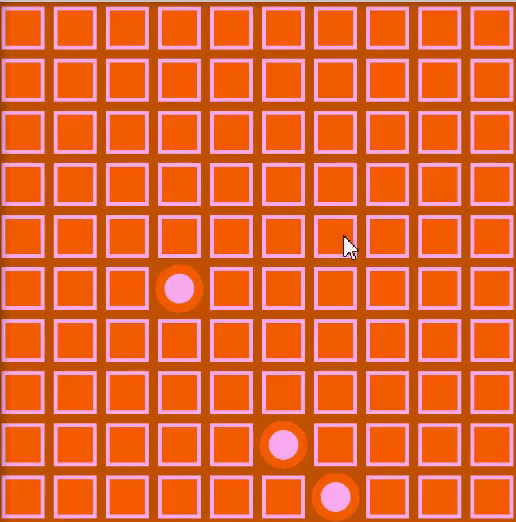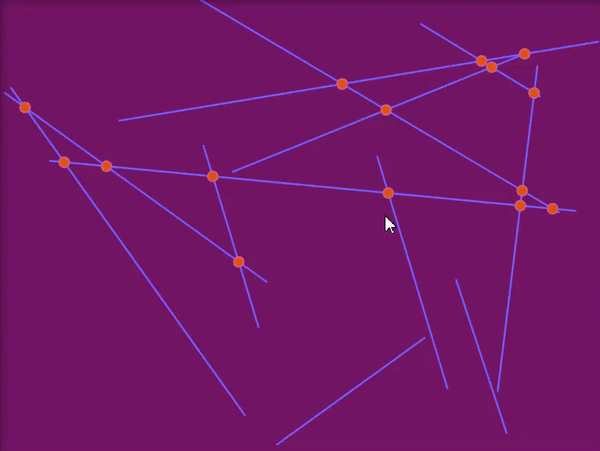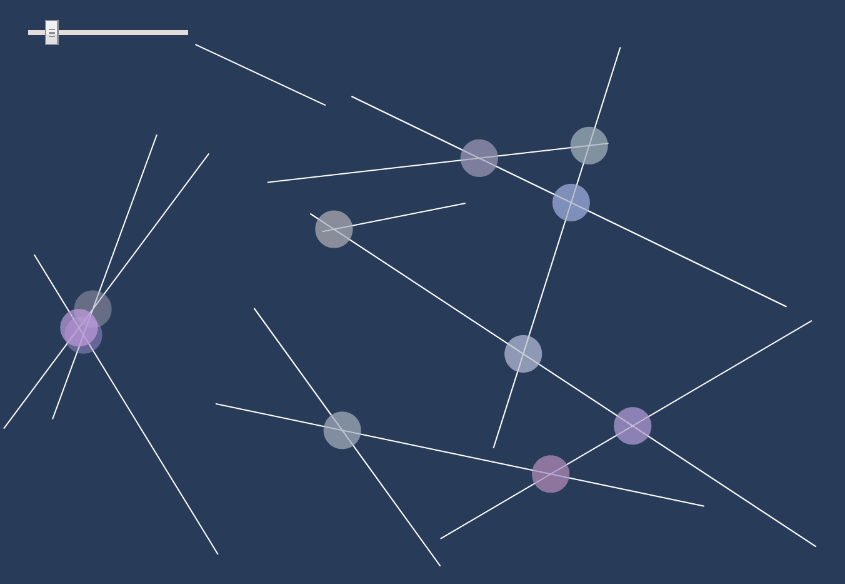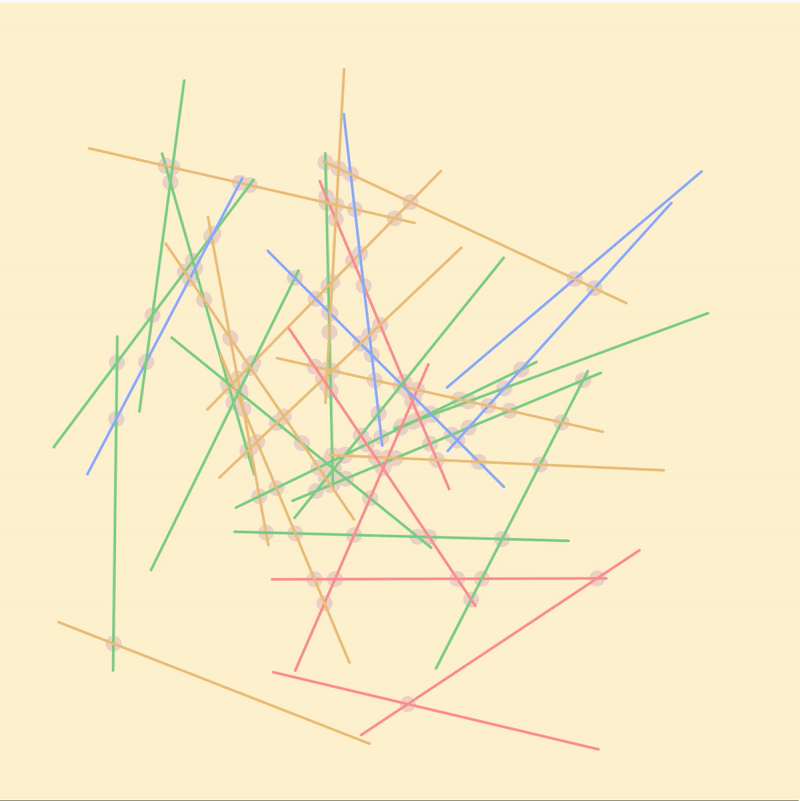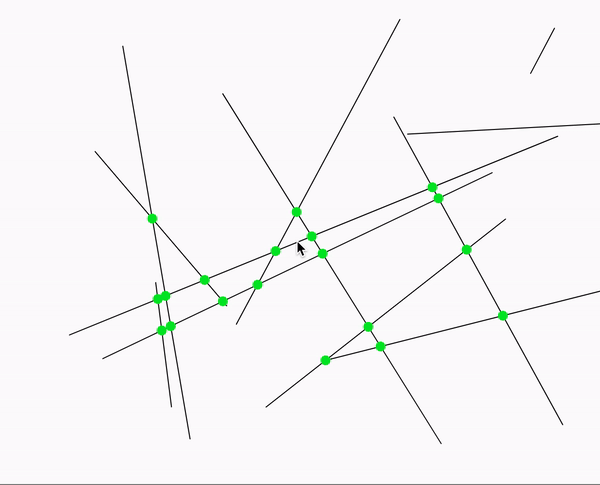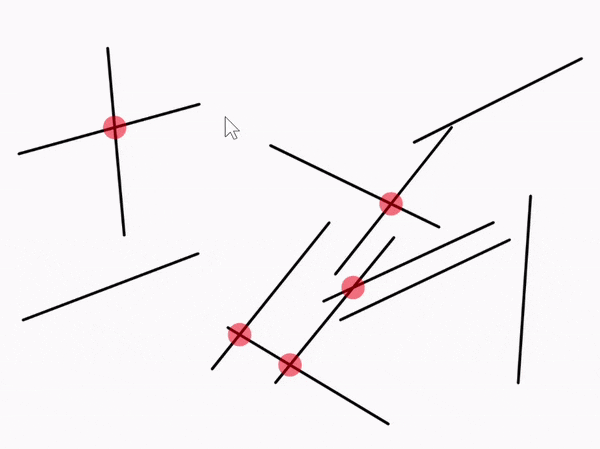"0. The Critical Engineer considers Engineering to be the most transformative language of our time, shaping the way we move, communicate and think. It is the work of the Critical Engineer to study and exploit this language, exposing its influence."
The way that we interact and communicate with our surroundings and the things we create, are built from how we understand the world around us. That understanding comes from a place of exploration and questioning, and those explorations and questions in turn transform and develop our understandings. The role of the "critical engineer" is to explore those questions, why we have those questions, and through this process present the findings that further transform out language of understanding.
The circular system of finding and questioning pertains to the development/'engineering' of the technological systems that we have, creating new possibilities and abilities to function within, which in turn pose new questions from the technologies and developments that were previously not-imagined. Its this process that continues to push advancements both in the 'tech' classical engineering field and in creative practices.
